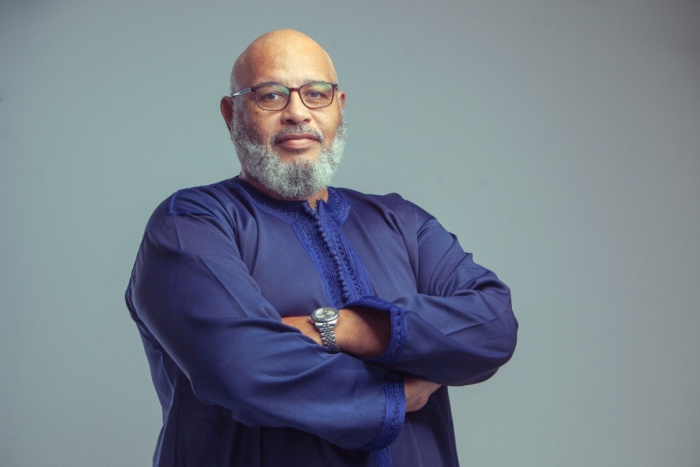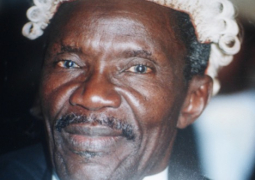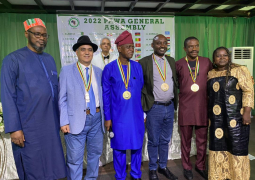
In May of this year, I had the pleasure to join a seminar for senior media personnel Research and Training Institute of National Radio and Television Administration, Peoples Republic of China, facilitated by the Chinese Embassy in The Gambia. One of the field trips saw us taking a flight to Anji a quiet county in Zhejiang Province. After we arrived and got settled in, we made a trip to the small village of Yucun. We were in Yucun ostensibly to attend the opening ceremony for the AnjiBase for International Media Training on Ecological Civilization.
Yucun is a fitting location for the training centre as the village itself had undergone a transformational rebirth from a mining village, struggling with environmental damage and poverty, to a green, prosperous and peaceful community. What brought on this change? Basically… reality.
In 2003, local leaders in Yucun made a bold choice — one that changed everything. They decided to shut down all mining activities to protect the land. At the time, this was a risky move. But two years later, Xi Jinping — then Party Secretary of Zhejiang — gave words to a vision that turned this choice into a national model: “Lucid waters and lush mountains are invaluable assets.”
That vision transformed Anji. Instead of chasing short-term gains, the community invested in sustainable development such as eco-tourism, bamboo industries, organic farming, and clean energy. Jobs were created, the environment healed, and young people found new opportunities without leaving their hometowns.
And I thought of home — The Gambia.
This vision is so closely in tune with our own natural heritage — the Banjul Declaration of 1977, where President Sir Dawda Kairaba Jawara urged the conservation of The Gambia’s fauna and flora. That document was an African pioneer in the history of the environment, in that it pledged that economic development could never be at the expense of the balance of nature. Just as in the case of Anji’s renaissance, the Banjul Declaration cautions us that the principle of sustainable development is home grown rather than new age and comes out of our national moral consciousness.
And let us not forget, we too are blessed with a treasure that holds endless possibilities: The River Gambia. It’s more than just a body of water — it’s a living artery that connects communities, supports livelihoods, and shapes our national identity. It could also be the beating heart of a new model of rural and eco-friendly development in our country.
Imagine turning the River Gambia into a hub for eco-tourism, where visitors experience the beauty of our mangroves, wildlife, and river culture in a sustainable way. Imagine community-led farming and fishing initiatives such as fish farming(pisciculture)that protect the ecosystem while creating green jobs. Imagine riverside villages powered by clean energy, telling their own stories of resilience and innovation to the world.
Anji’s journey is a powerful reminder that sustainability is not just an environmental concept — it’s an economic strategy. It’s about building prosperity that doesn’t deplete what makes a place special. And the River Gambia gives us that same opportunity.
As someone who works in media strategy and storytelling, I’ve learned that transformation often starts with a simple but powerful story — one that inspires people to act. Anji didn’t just change its landscape; it changed its mindset. We can do the same.
The River Gambia is our “lucid water.” It can be the foundation for rural transformation, green industries, and stronger communities — if we choose to see its potential.
By Lassana Tunkara
Deputy General Manager, QTV
© Lassana Tunkara 2025




